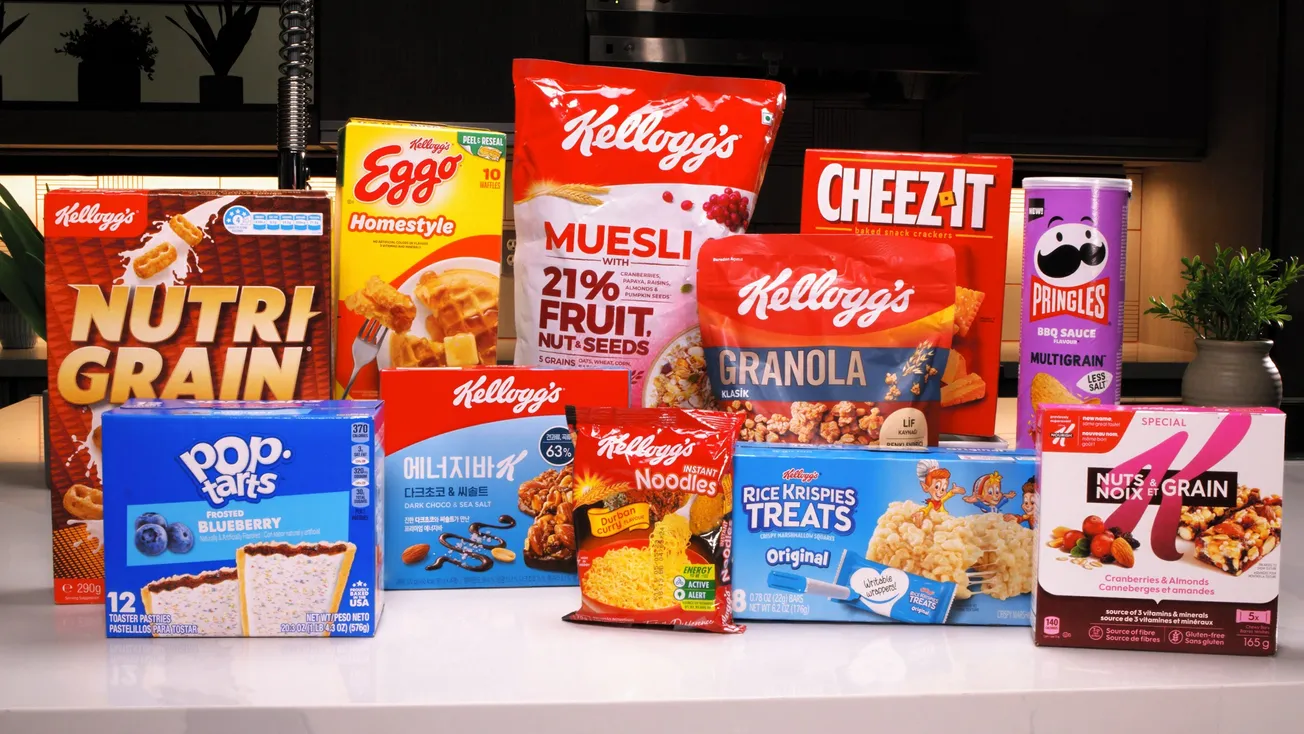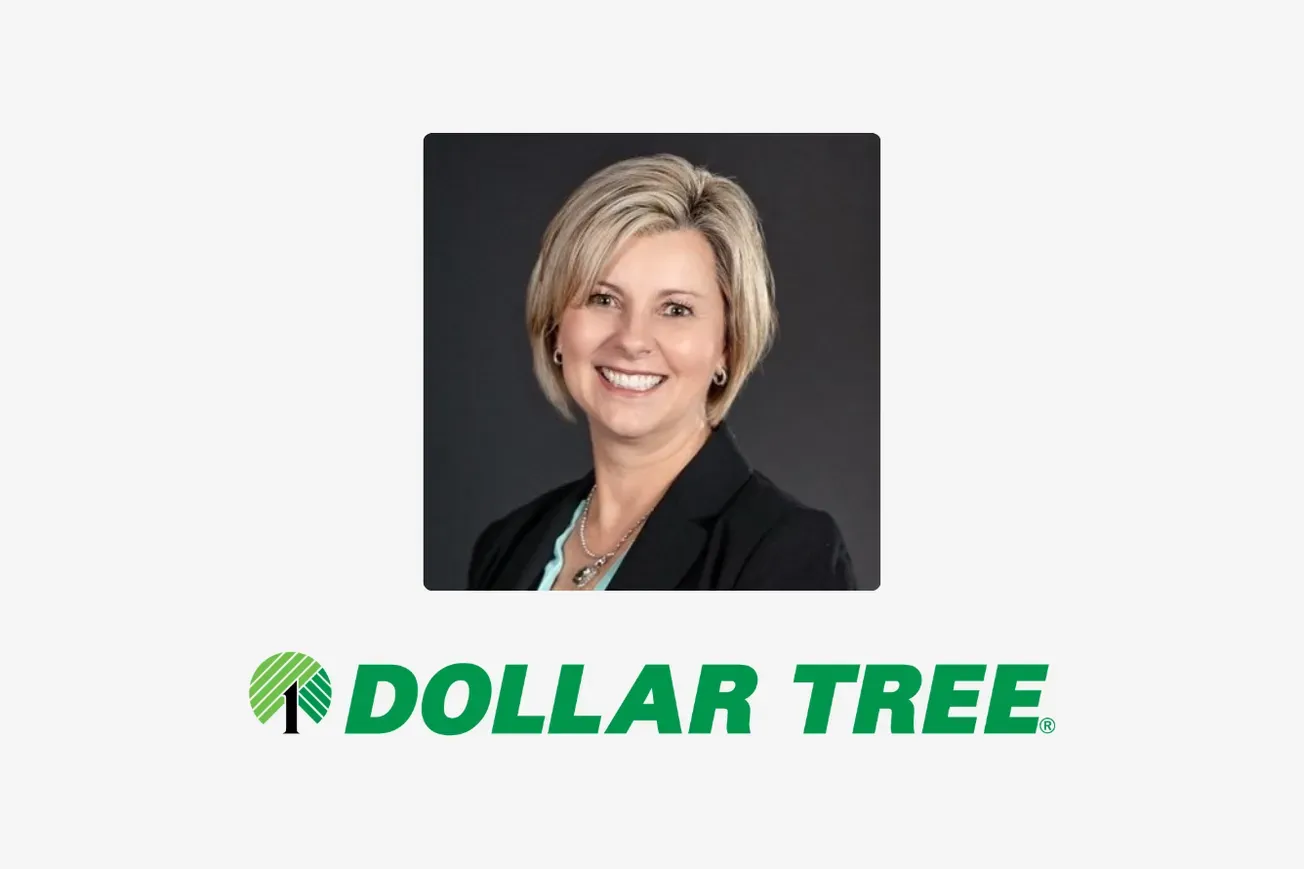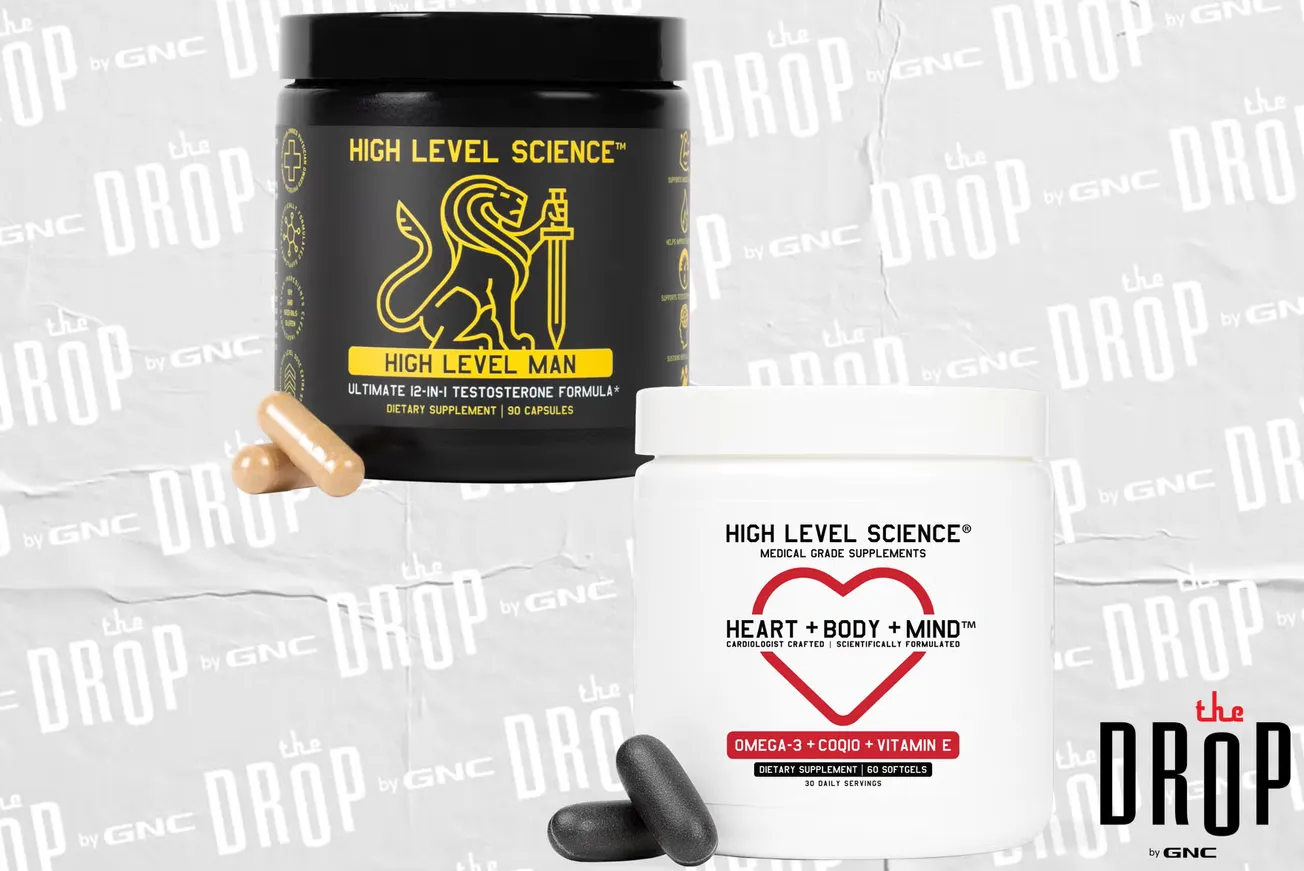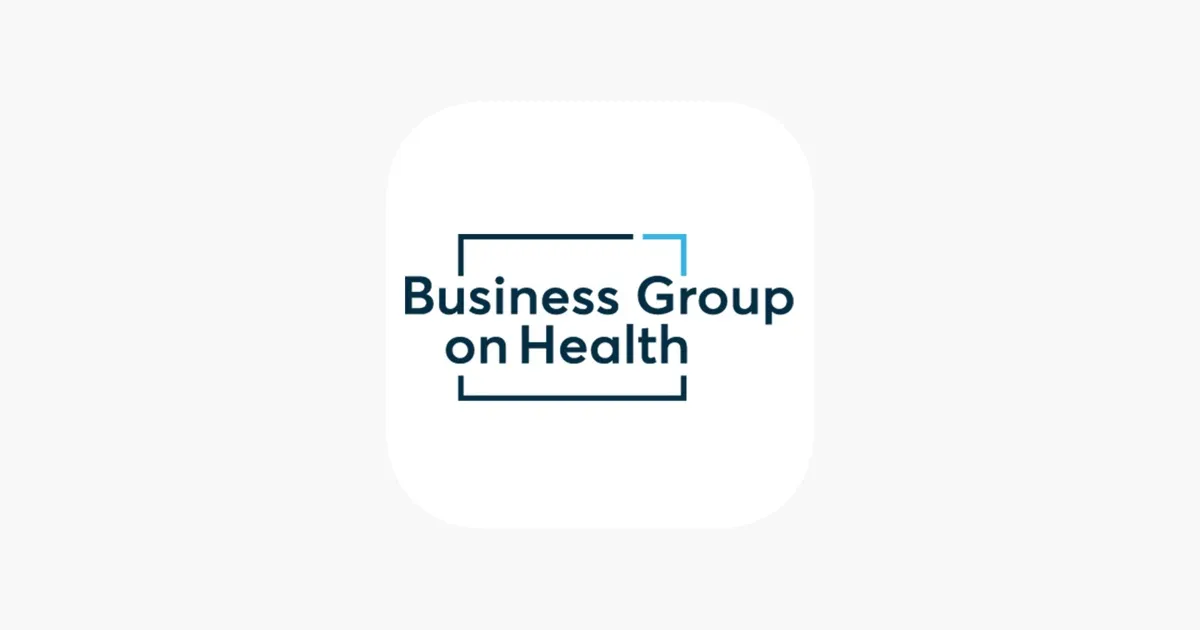CHARLOTTESVILLE, Va. — Perrigo Pediatrics — a pediatrician-support program by U.S. infant formula maker Perrigo — and Wakefield Research, released findings Wednesday from a nationwide survey of 500 U.S. pediatricians that explored top concerns and perceptions around safe infant formula feeding practices. According to the survey, pediatricians report that parents are making unsafe infant-feeding choices to save money.

Formula for Safety Survey Image
Pediatricians readily acknowledge that families are sensitive to the high price of infant formula. An astonishing 99% of pediatricians have had families express concerns about the cost of infant formula, including more than four in five (81%) who hear these concerns frequently. Additionally, nearly all pediatricians (97%) have had families express concerns about running out of infant formula.
Worries about the cost of infant formula are leading to unsafe feeding practices which can be harmful to a baby’s health. For example, nearly all pediatricians (97%) have heard about families diluting infant formula, with 75% hearing about it once a week or more. Additionally, the trend of do-it-yourself (DIY) formula alternatives is increasing with more than half (54%) of pediatricians saying homemade formula is more common than it was five years ago. Pediatricians also notice that families are giving infants less nutritious drinks in lieu of formula. Again, a vast majority (95%) have heard about families using juice, soda and other beverage substitutes—89% specifically—because the family was trying to save money.
“Every pediatrician wants their patients to have complete nutrition, but this data makes it clear that families are unwittingly jeopardizing their baby’s health because they’re trying to save money,” said Perrigo Nutrition marketing director Jeremy Jones. “Diluting formula, making homemade formula, and substituting with less-nutritious beverages are often symptoms of a larger problem: food insecurity. As the leading supplier of store brand infant formula, we’re committed to doing what we can to raise pediatricians’ awareness of how families are coping with food insecurity and provide them with the tools they need to educate families about safe infant formula usage.”
Because so many pediatricians see or hear about families stretching formula or using substitutes out of concern for their budget, healthcare professionals are making frank discussion of cost a priority. Nearly all pediatricians (96%) who discuss infant formula say they take the cost of infant formula into consideration when making recommendations. However, the survey found more than half of pediatricians (52%) were unable to correctly identify the retail price of a small (~12oz) container of name-brand infant formula. Although the actual cost of a small container is $16 or more, most pediatricians thought it cost less than $15. A small can of formula will last an infant approximately three days.
When it comes to managing the high cost of infant formula, food-insecure families are turning to their pediatrician for advice. Nearly half (48%) of pediatricians would first recommend Women, Infants and Children (WIC) to families that have concerns about the cost of infant formula, followed by supplementing formula with breastfeeding or complementary foods (21%) and advising families to consider places that provide formula directly such as food banks (17%). Only 15% of pediatricians would first recommend low-cost or store brand infant formula options for families, even though more than three in four pediatricians (76%) agree there is no significant difference between store brand and name-brand infant formulas.
“WIC is an amazing program that provides free infant formula to nearly half the babies born in the United States,” said Jones. “However, it was always intended to be a supplemental program that required parents to pay full price for approximately 20% of their infant’s needs. Even that small percentage can be cost-prohibitive for some families, and other families earn just above the WIC threshold, meaning they must pay full price for all their infant formula needs. We know that food-insecure families are accessing a patchwork of sources to provide adequate nutrition for baby. Quite frankly, we were surprised that Store Brands were not top of mind for more pediatricians. We will be increasing our outreach to pediatricians so they can better support infants at nutritional risk.”
Store brand infant formulas provide complete nutrition just like brand-name formulas and are required to meet the same FDA standards. Perrigo Nutrition is the largest manufacturer of store brand infant formula in the United States. Nationally advertised brands like Enfamil and Similac can cost up to $150 per month or more. Store Brand infant formulas can save families up to 50%.** For more information about the survey and to receive free patient education materials, healthcare professionals can visit Perrigopediatrics.com.









